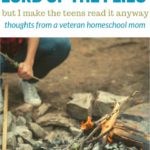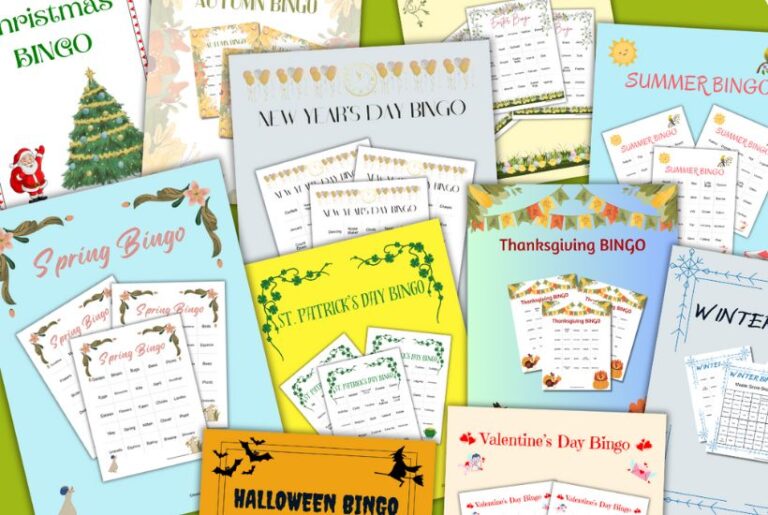Why I Hate Lord of the Flies
This post may contain affiliate links. For more information, please read my disclosure policy.
What is it about Lord of the Flies that makes us hate the book, and yet we insist our children read it?
Why I Hate Lord of the Flies by William Golding
Lord of the Flies by William Golding is a shocking and depressing book about a group of boys stranded on an isolated island.
You watch, first hand, as the boys descend into savagery and butchery. And then lose their civilized veneer.
I loathed the book when I was required to read it in the 8th grade.
And yet here I am insisting my own children read the classic novel. So what is it about Lord of the Flies that actually makes it a worthwhile read for teenagers?
- One reason is the underlying premise that we’re all savage beasts underneath our civilized surface. The savage beast is tamed only by social constraints and expectations. Are we truly beasts with only a thin veneer of civilization over our true selves?
- The characters are memorable. Jack, Ralph, Simon, and Piggy are not easy characters to forget as you watch them deal with the isolation of the island. Simon’s innate goodness stands in marked contrast with Jack’s embrace of the inner beast. Does Simon’s murder mean that in the end evil will win out over good?
- William Golding’s use of symbols is an excellent way to introduce symbolism in literature to teens. The book is exploding with symbols from hunting, Piggy’s glasses, and the slash of the crash through the foliage of the island. What does the character Piggy symbolize in the Lord of the Flies?
- The theme of the book is the fundamental dichotomy within people, savagery or civilization, good versus evil, order versus chaos. It opens a discussion with the children on whether we believe people are fundamentally good or fundamentally evil. These are discussions teens need to have with their parents and teachers as they are forming their adult worldview.
- Many books, movies, and TV shows are also based upon an individual or group lost on an island or planet. It’s an excellent method to compare and contrast using the same setting to develop different themes. One of my teens asked me why when Lord of the Flies is so similar to Lost, does she hate Lord of the Flies yet she loves the TV show Lost?

Lord of the Flies by William Golding may be one of those hated classic novels teens have been tormented with for several generations.
However, the very fact that you watch teenage boys descend into savagery lends itself to excellent discussions. We’ve had many discussions around the kitchen table about why the boys acted the way they did. And would we do the same, stranded on a deserted island?
If you haven’t read Lord of the Flies with your teenagers yet, you should do so. Even if you hated it in high school. The conversation it starts is still relevant to our lives today.
And your teenagers will benefit from both reading Lord of the Flies and discussing it with you afterward.










Ha! Great post. I remember reading LOTF, though I don’t remember hating it. It definitely is a memorable book, though, and my husband and I still talk about it from time to time =) Thanks for sharing your thoughts!
I hated it too. Still do 15 years later 🙂
I’m with you on point 1. I just didn’t find it believable. I can know kids can be hateful, but I don’t believe they would almost quickly revert to savage murderers….simply because there wasn’t someone telling them what to do.
That bothered me too, that we could go from civilized people to savage monsters so quickly. Definitely not my favorite book. 🙂
I remember this book from school…wasn’t my most hated book, and wasn’t one I loved either, but yes, it’s a good book for discussion.
A similar one…one I didn’t hit until AP English my senior year (and really one that most kids wouldn’t be ready for earlier than that) is Crime and Punishment. HARD, HARD book to read on many levels. But even though I HATED reading it at times when I was done I was glad I had. Not a book that tempts me to pick it up again, but I’ve thought about it and the topics it addresses many times over the years.